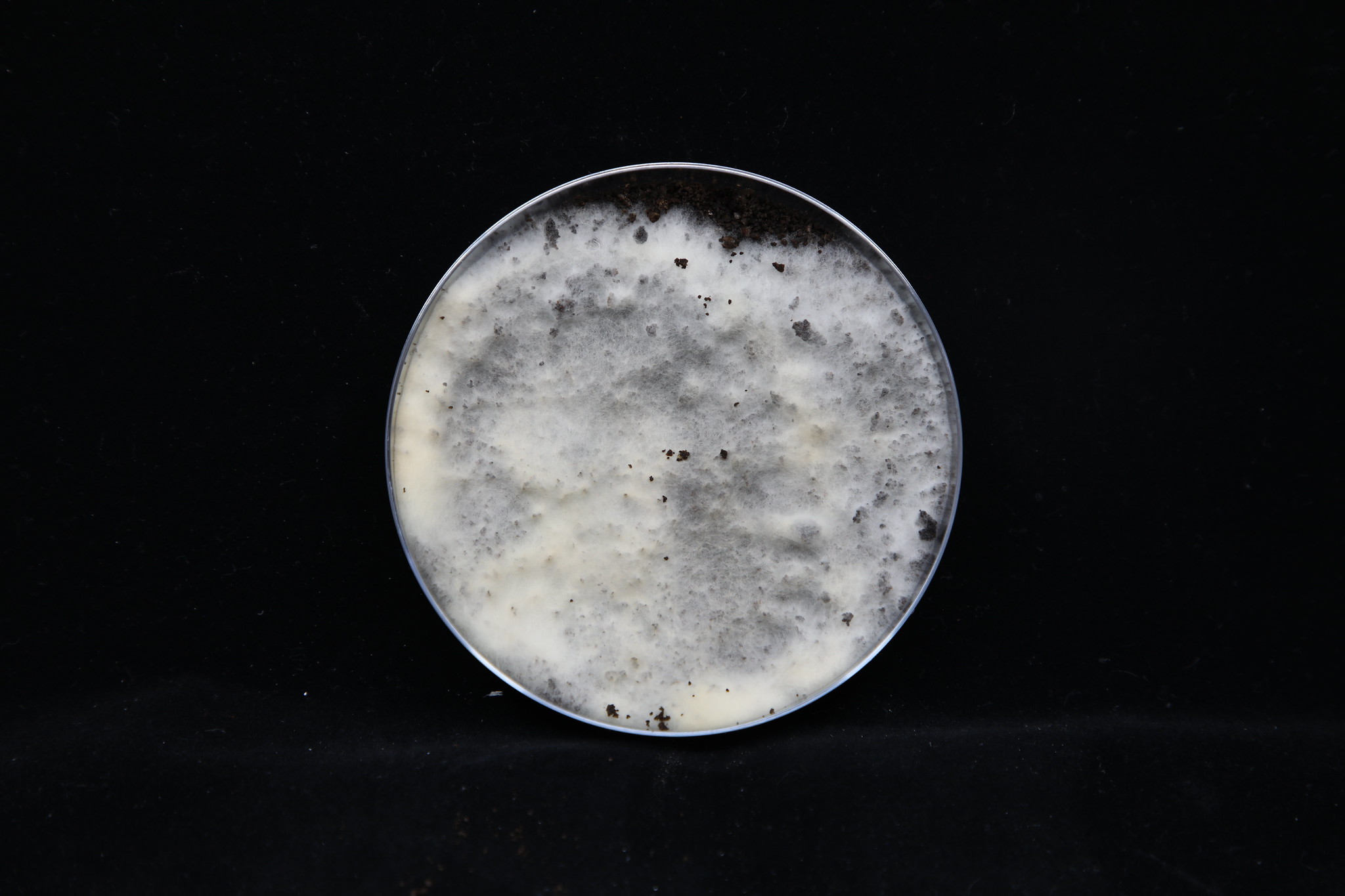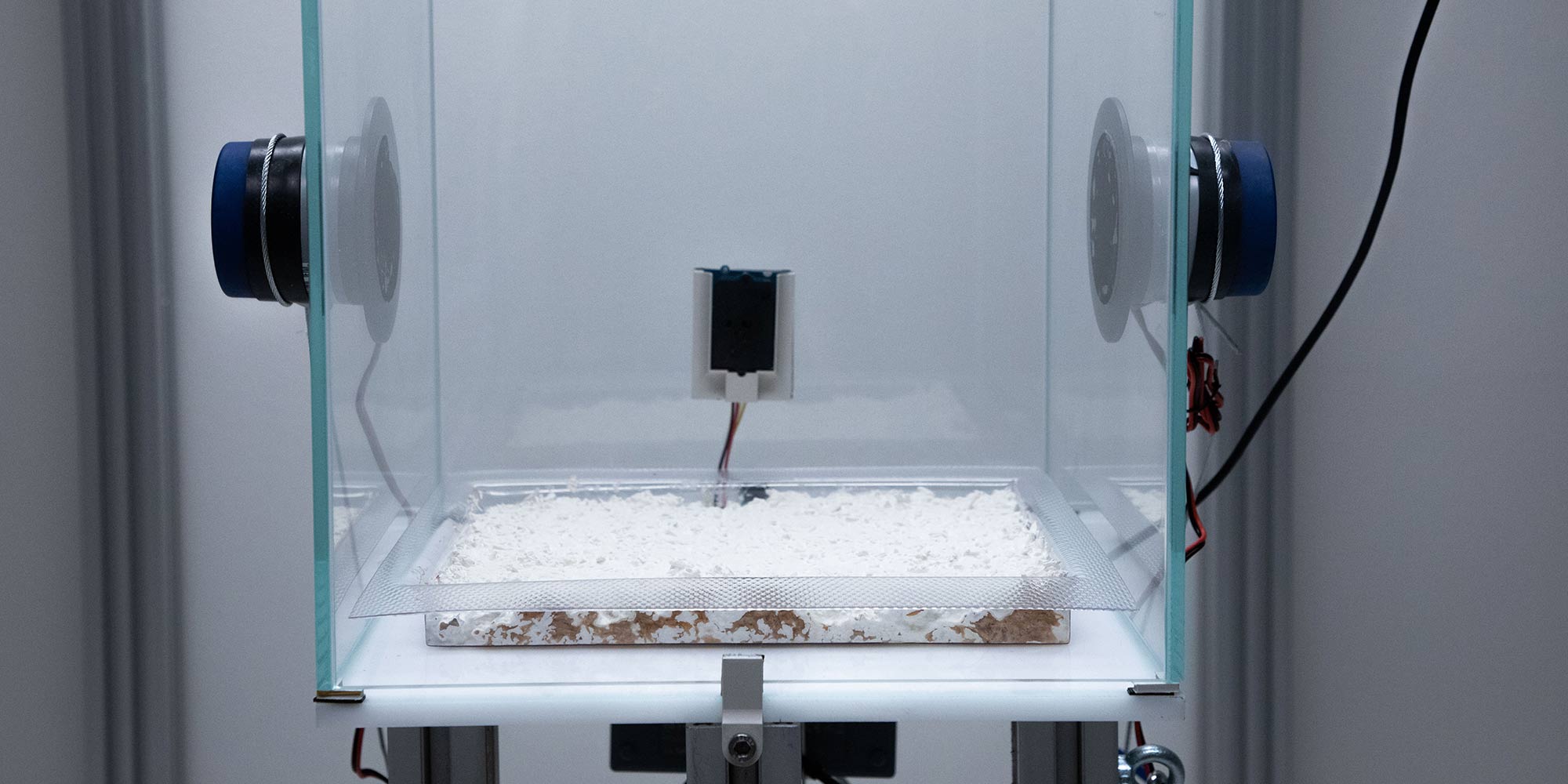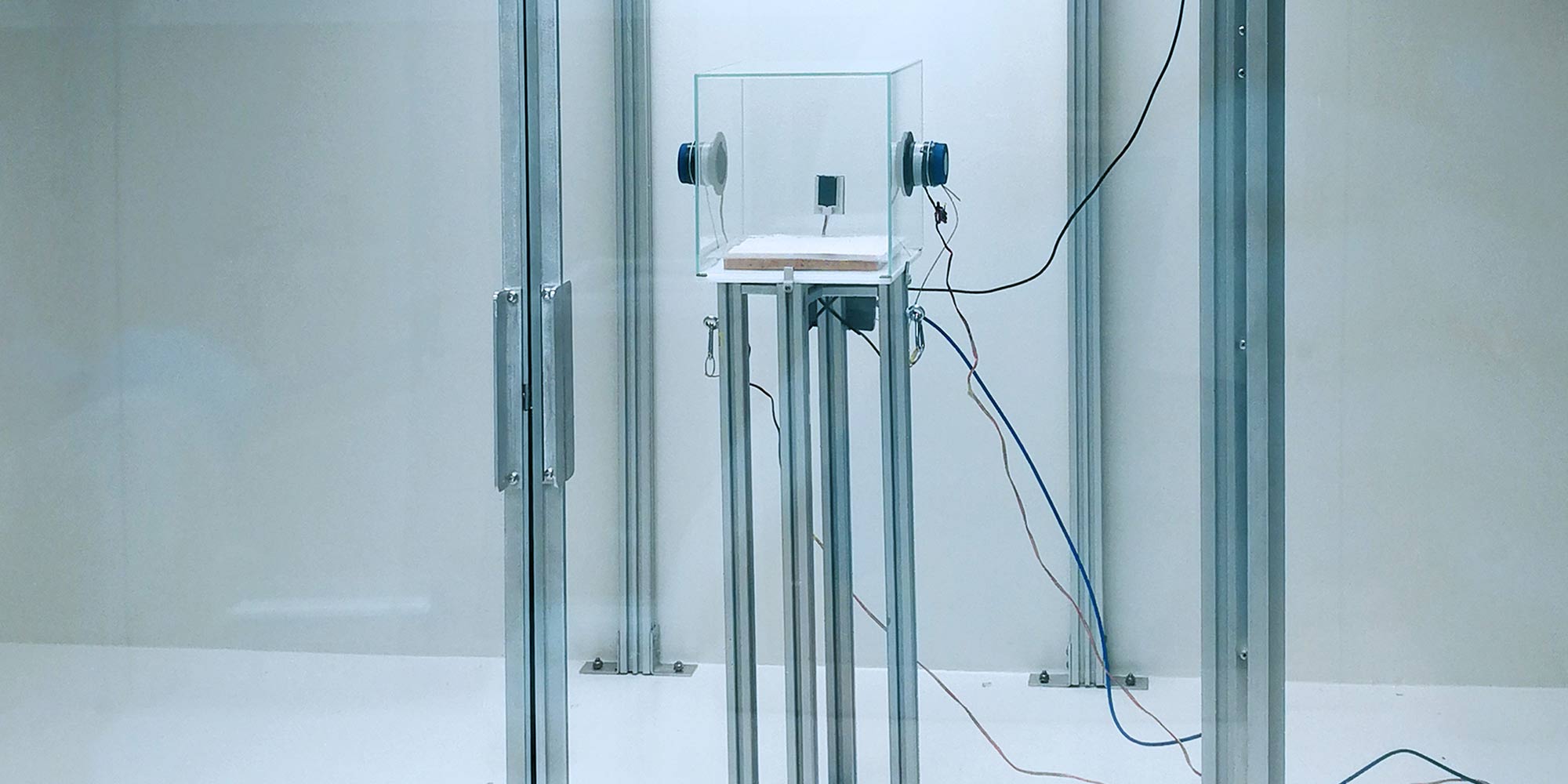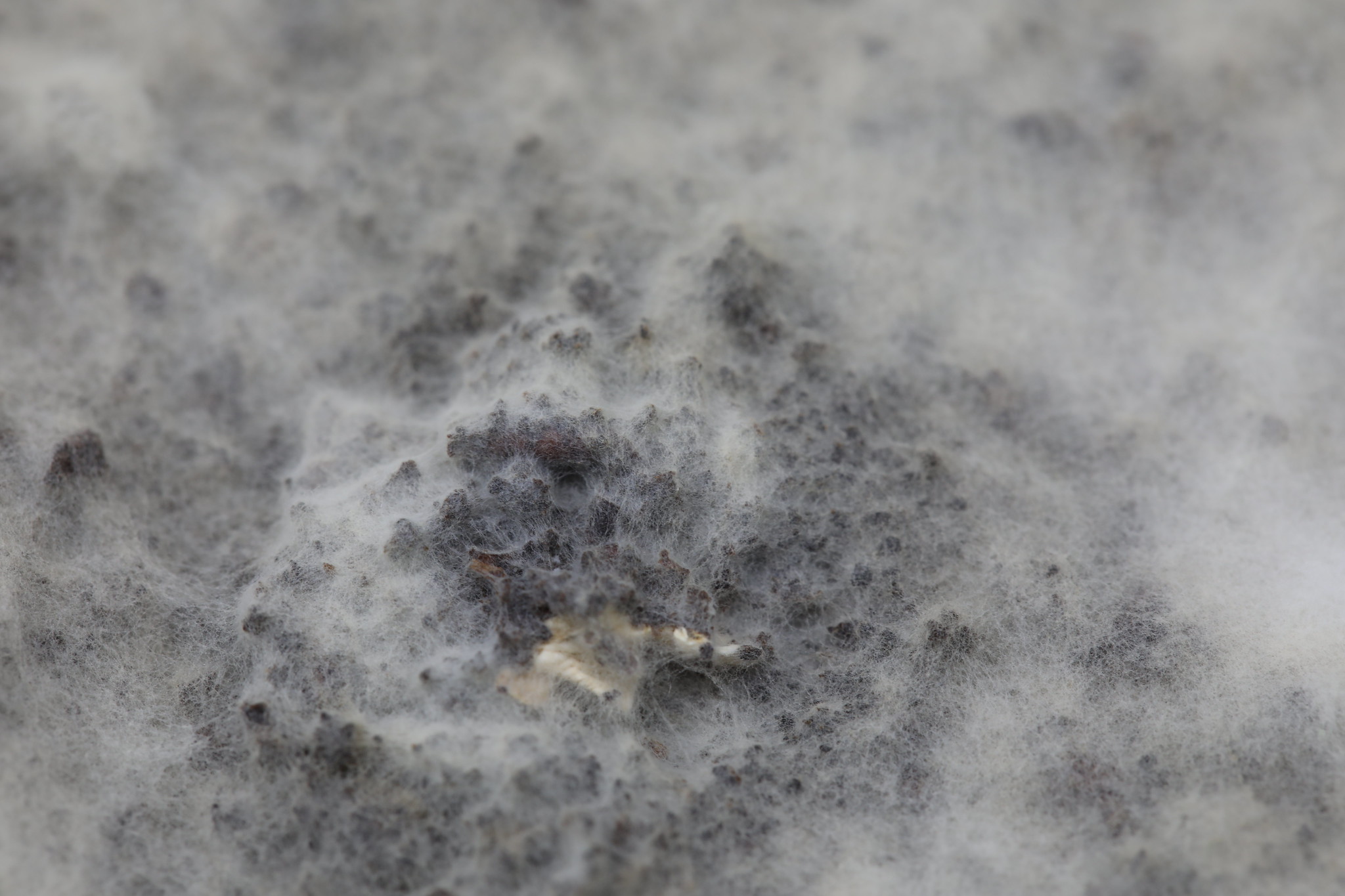The ArTS Production Grant for Swiss Artists was made possible through a two-year-agreement developed by Ars Electronica and supported by the Swiss Arts Council Pro Helvetia. The ArTS Production Grant fosters artistic creation at the nexus of ArTS (Art, Technology, Society).
The ArTS Production Grant supports an individual artist or an artist from Switzerland, to develop a new project or an extension of an existing project, that will be premiered at the Ars Electronica Festival in September 2024.
2024 Selected Artists
Tiziano Derme (IT), Nadine Schütz (CH)
Fu(n)ga : polyphonic feedback and spatialization between fungal growth and sound
Fu(n)ga is an immersive spatial and sonic experiment that explores the relationship between fungal growth, engineered and controlled environments, and sound. The temporal-spatial and auditory experience of the space is intricately connected with two fundamental components: On one side, the design of a fungal enzymatic material process under controlled conditions, and on the other, the use of sound to enhance and transpose fungal growth patterns with and into audible cues. What makes the resulting experience intriguing is the creation of physical space and the understanding of the fragility of a fungal enzymatic material formation process and its entanglement to sound. For the first time, the design of spaces is presented as an in situ process where the creation of a grown space is stimulated, enhanced, mediated, and supported by temperature, humidity, air, and sound.
Project credits / acknowledgements
ETH-Zürich Digital Building Technologies (dbt), Future Cities Laboratory (FCL) Global,
Collaborators: MAEID – Büro für Architektur & multimediale Kunst, ECHORA – Landscape Acoustics & Sound Architecture
Audio software development: Mathieu Preux, Advice: Manuel Poletti
Technical support hardware and software: Che Wei Lin, Tobias Hartmann, Kwon Hyuk Sung

Tiziano Derme
Tiziano Derme is an architect and media artist based in Zürich. He is interested in the relationship between design, robotics, biological materials, and biotechnology. He is the Co-Founder of MAEID [Büro für Architektur und Transmediale Kunst], an interdisciplinary practice working at the intersection of various disciplines ranging from design to engineering, art, and science. His research and work have been acknowledged with numerous grants and exhibited in various galleries, events, and institutions such as the Biennale of Venice, Seoul Biennale, Ars Electronica, and NGV-Melbourne Triennale. Tiziano is a PhD researcher at ETH Zürich, Digital Building Technologies within the Institute of Technology in Architecture (ITA), and a visiting Scientist at EMPA – Swiss Federal Laboratories, researching enzymatic processes with filamentous fungi.
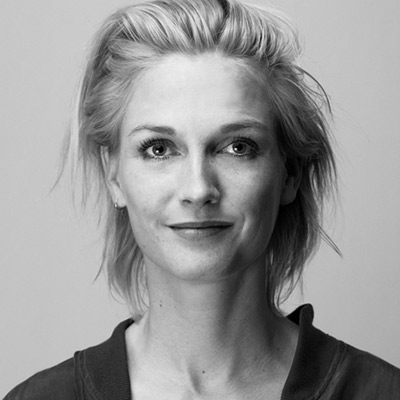
Nadine Schütz
Nadine Schütz is a sound architect, artist and researcher. She explores the sonic landscape like an environmental interpreter; by listening to space and place as a creative score that informs and directs its own transformation. Through an original combination of techniques derived from bioacoustics, psychoacoustics, music, sculpture and landscape architecture, she creates sound installations and acoustic designs that participate tangibly in users’ daily experiences. Her compositions, performances, and scenographic sound work are presented at an international level in exhibitions and events. Nadine Schütz received her PhD in landscape acoustics on “Cultivating Sound” in 2017 from ETH Zurich, where she installed a new studio for the spatial simulation of sonic landscapes. Since 2018, she is an invited composer in the Acoustic and Cognitive Spaces and the Perception and Sound Design research teams at IRCAM-STMS in Paris. She teaches regularly at ETH Zurich, at Parsons Paris and at Ecole Nationale Supérieure des Beaux-Arts de Paris.
Jury Statement
Jury Members: Magdalena Drozd, Giulia Bini, Christl Baur
The ArTS Production Grant Open Call, a collaboration between Ars Electronica and Pro Helvetia, attracted an impressive 90 submissions from 17 countries. This diverse pool of entries showcased a kaleidoscope of artistic perspectives, spanning various categories, including installations, interventions, objects, artifacts, performance, as well as proposals from the gaming scene.
Amidst this rich tapestry of submissions, “Fu(n)ga” by Nadine Schütz and Tiziano Derme emerged as a groundbreaking project, convincing the Jury with a transdisciplinary outstanding proposal.
“Fu(n)ga” delves into the intricate relationship between materials and the built environment, addressing pressing ecological concerns through innovative design and experimental sonification. This transdisciplinary project represents a harmonious interplay between a fungal species and a meticulously engineered environment: A knitted natural fiber membrane, infused with the Trametes Pubescens fungal species, stretches across various heights, embracing a metallic enclosure. This enclosure functions as a controlled environment, stabilizing temperature, humidity, and air to foster the growth of the fungus. The parameters that are used to engineer the environment of the fungus, are not seen but heard through the sound composition of the installation, translating the prior process of growth artistically into an immediate experience within the installation.
The jury process was marked by constructive and vivid discussions, with the focus being to select submissions that dealt critically and conceptually with the issues between art, technology, and science and also expressed this reflective process through unique tools and methods. The aim was to identify a special Swiss dialect of media art, which could then be shared with other cultural circles at the Ars Electronica Festival. The multidisciplinary nature of the team, with Nadine Schütz having a solid footprint in the Swiss art scene and Tiziano Derme now establishing his already remarkable career in the international media art scene in Switzerland, promises to reinforce the artists’ career via Ars Electronica’s platform.
In selecting “Fu(n)ga” for the ArTS Production Grant, the jury acknowledges its potential to inspire a new wave of exploration within the Swiss art scene. As a beacon Nadine Schütz and Tiziano Derme’s work guides us towards a future where art and ecological consciousness intertwine seamlessly and challenges us to reimagine the boundaries of artistic expression and our connection to the world around us.
Jury

Magdalena Drozd
Magdalena Drozd is an artist whose work spans music, sound art, and composition. Her approach to music is experimental and boundary-pushing. Utilizing a diverse array of influences and techniques, she creates distinctive and alluring soundscapes that delve into intuitive and speculative perceptions of the world through sound. Her music was published on the labels Präsens Editionen and Hallow Ground and her sound performances and installations were shown in many institutions in Europe. In addition to her solo work, she also composes for film, video art, theater, and radio.
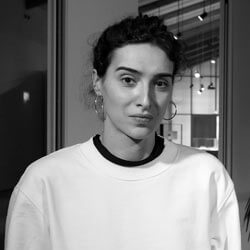
Giulia Bini
Giulia Bini PhD, originally trained as an art historian, works at the intersection of visual art, media, science, and advanced technologies. She is head of program and curator for Enter the Hyper-Scientific, the newly established artist-in-residence program of the College of Humanities (CDH) at EPFL, Swiss Federal Institute of Technology, Lausanne. Previously curator and producer at EPFL Pavilions (2018–21) and a member of the curatorial team of ZKM Center for Arts and Media| Karlsruhe (2014-2017), she has curated and co-curated numerous collective exhibitions and solo presentations. She is co-curator of ARE YOU FOR REAL. Phase II from ifa – Institut für Auslandsbeziehungen. She authored “Media spazio display. ZKM | HFG” (Mimesis Edizioni, 2022) and is a lecturer at HEAD-Geneva Work.Master.

Christl Baur
Christl Baur is the director of the Ars Electronica Festival, where she leads as an interdisciplinary researcher specializing in the convergence of art and science. With a diverse academic background encompassing art history, cultural management, and natural sciences, her work revolves around the fusion of aesthetic and social practices that challenge established norms. She has curated and co-produced a wide range of exhibitions and performances, notably including the exhibition “40 Years of Humanizing Technology – Art, Technology, and Society” in collaboration with CAFA and the Design Society in Shenzhen, China. Baur’s expertise extends to various fields, including video art, new media technologies, computer art, biotechnology, and interactive art.
Advisors

Dr. Yvonne Volkart
Dr. Yvonne Volkart is head of research and lecturer of art theory and cultural media studies at the Institute Art Gender Nature, Basel Academy of Art and Design FHNW. She directs the SNSF-research project Plants_Intelligence. Learning Like a Plant (2022-25). In collaboration with Sabine Himmelsbach and Karin Ohlenschläger she curated the exhibition and book projects Eco-Visionaries. Art, Architecture and New Media After the Anthropocene (Hatje Cantz 2018) and Ecomedia. Ecological Strategies in Today’s Art (Hatje Cantz 2007). In 2023, her monograph Technologies of Care. From Sensing Technologies to an Aesthetics of Attention (diaphanes) has been published.

Boris Magrini
Boris Magrini is Senior Curator at the LAS Art Foundation in Berlin. Previously, he was Head of Programme and Curator at HEK (House of Electronic Arts) in Basel. He studied art history at the University of Geneva and holds a PhD from the University of Zurich. He has curated group exhibitions on ecology, artificial intelligence, art games, blockchain and counter-cartography, and is a regular contributor to art magazines and exhibition catalogues. He was a member of the Board of Trustees of Pro Helvetia, the Swiss Arts Council, a member of the International Programme Committee of the International Symposium on Electronic Art (ISEA), and a juror of the Lumen Art Prize.

Sabine Himmelsbach
Sabine Himmelsbach is since March 2012 the director of HeK (House of Electronic Arts Basel). After studying art history in Munich she worked for galleries in Munich and Vienna from 1993–1996 and later became project manager for exhibitions and conferences for the Steirischer Herbst Festival in Graz, Austria. In 1999 she became exhibition director at the ZKM | Center for Art and Media in Karlsruhe. As a writer and lecturer she is dedicated to topics related to media art and digital culture.

Pauline Saglio
Pauline Saglio is an interaction designer based in Lausanne. Together with Mathieu Rivier, they focus on the relationship between analog and digital through movement. Since September 2018, Pauline is the head of Bachelor Media & Interaction Design at ECAL/University of Art and Design Lausanne.

Jelena Martinovic
Jelena Martinovic is the director of the Institute of Fine Arts (IRAV) at the EDHEA in Sierre. Born in the canton of Zurich, Jelena Martinovic holds a PhD in medical history and completed studies in social and political sciences at the University of Lausanne and in visual arts at the Geneva School of Art and Design. She is currently leading the research project Medical Borders: Visibility and Shadow Knowledge (2022-2024), which focuses on medicine, migration and art Medical Borders | EDHEA.
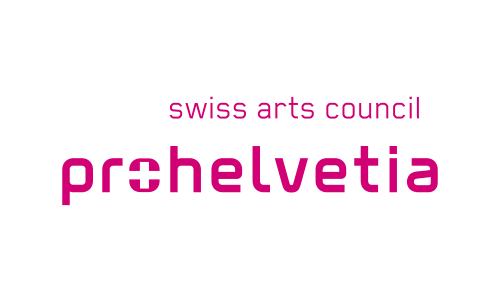
About Pro Helvetia
The Swiss Arts Council Pro Helvetia has been working at the heart of the Swiss and international cultural scene since 1939. It fosters contemporary art production in Switzerland and helps disseminate and promote Swiss arts at home and abroad. The Arts Council also contributes to national and international cultural exchange and to innovation in the field of cultural promotion.
Pro Helvetia has its head office in Zurich and maintains an international network abroad with offices at seven locations.
In the context of its Art, Science and Technology programme, Pro Helvetia specifically supports activities and projects exploring technological and scientific developments from an artistic perspective. The focus is on exploring and utilising the potential for mutual inspiration and collaboration.
